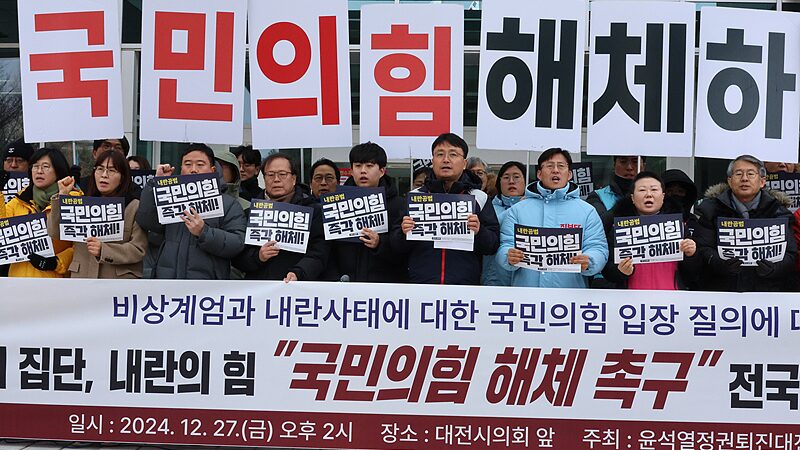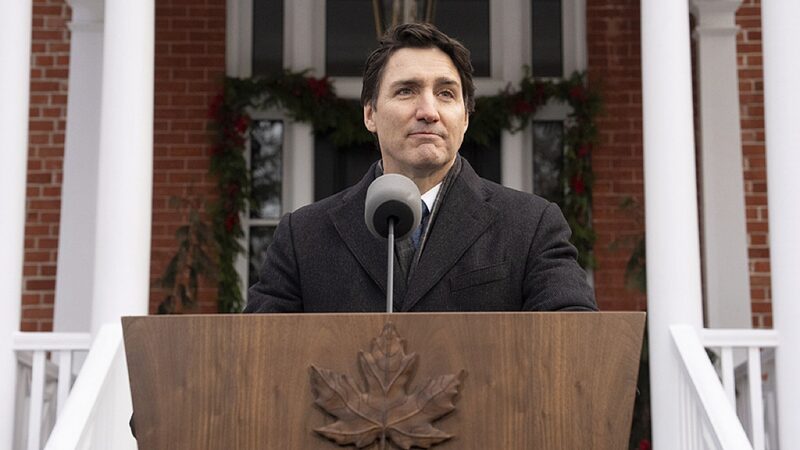Canadian Prime Minister Justin Trudeau has announced his resignation after nine years in power, citing internal divisions within his party as the primary reason for stepping down.
The surprising announcement came amid growing discontent over Canada’s escalating housing crisis and contentious immigration policies. Trudeau acknowledged that party infighting had hindered effective governance, stating, “It’s time for a new leader who can unite our party and address the pressing issues facing Canadians.”
Einar Tangen, a senior fellow at the Taihe Institute, highlighted the housing crisis and immigration policy as pivotal factors in Trudeau’s declining popularity. “The soaring cost of housing has put homeownership out of reach for many Canadians, fueling frustration,” Tangen said. “Coupled with controversial immigration policies, these issues have eroded public confidence in Trudeau’s leadership.”
Under Trudeau’s tenure, Canada saw a significant increase in immigration, which some critics argue has strained public services and intensified competition in the housing market. Meanwhile, housing affordability has worsened, with prices in major cities skyrocketing, leaving many residents struggling to find adequate housing.
As the Liberal Party prepares for a leadership transition, Canadians are looking to the future with cautious optimism. Potential successors are expected to address these critical issues head-on, aiming to restore confidence in the government’s ability to navigate the nation through challenging times.
Reference(s):
Housing crisis, immigration policy key to Trudeau's waning support
cgtn.com






